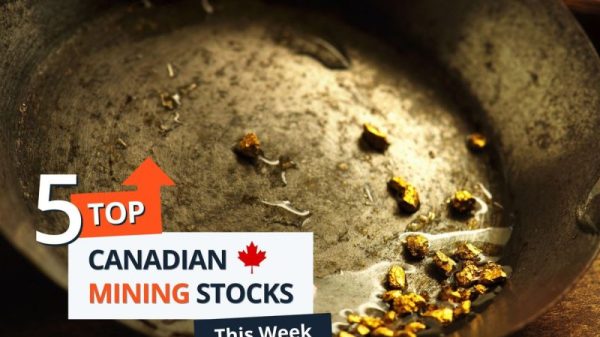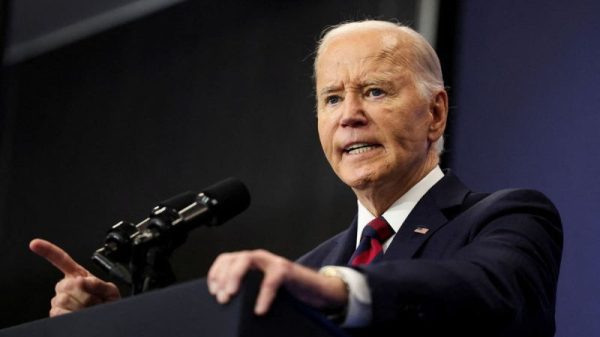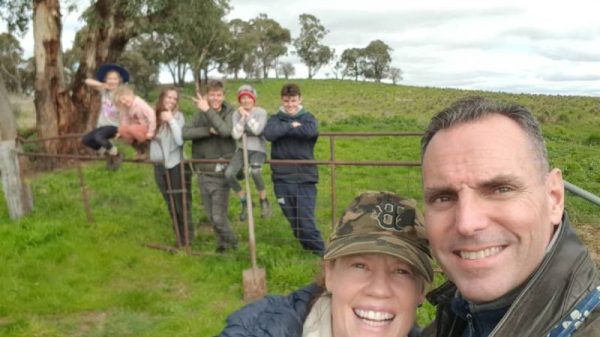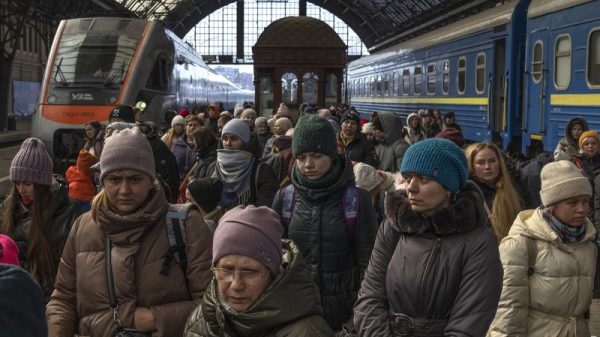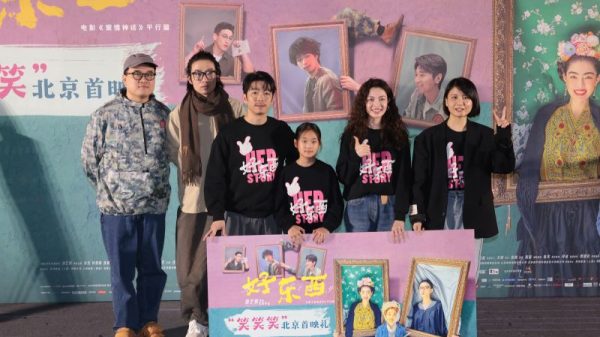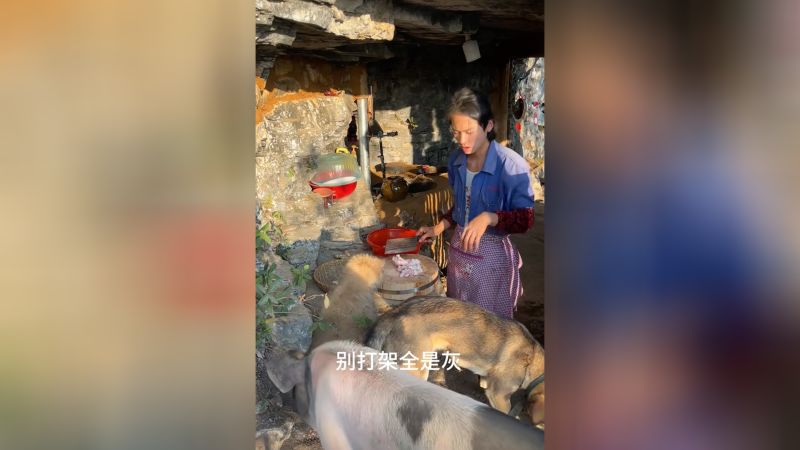Perched up against the edge of a cliff in China’s southwest Guizhou province is the bamboo shack 21-year-old “retiree” Liu Youwen built from scratch.
Three years ago, Liu left his rural hometown Xiaxixiang, Guizhou, for the city of Shantou in Guangdong, China’s richest province, joining a decades-long nationwide migration of workers from the countryside that has fueled the country’s enormous growth and created some of the world’s largest megacities.
But as a junior high dropout, it was tough for Liu to find a job. He said he was turned down by many factories due to his lack of credentials, before eventually finding work as a car mechanic, then a construction worker, and finally at a clothing factory.
Disillusioned by the grind of city life, at the end of 2022 he decided to call it quits and return to the rolling hills and rivers of Guizhou. Liu’s parents and older brother protested the move – but he wanted a “simple life,” he said, and to escape the high-pressure rat race.
Liu’s frustrations reflect a growing sense of disenchantment among young people in China, many of whom face a dire job market, burnout after years of grueling academic and work pressure, plus the traumatic impact of the country’s draconian former pandemic policies.
According to the National Bureau of Statistics, China’s youth unemployment rate in cities and towns hit a record-high 21.3% in June – before the government stopped releasing the uncomfortable data.
In response, authorities have encouraged urban youth to head to the countryside instead – a controversial proposal.
Last December, Chinese leader Xi Jinping urged young people to make the move to “revitalize the rural economy,” a call that has drawn comparisons with a previous campaign launched decades ago by former leader Mao Zedong in which tens of millions of urban youths were effectively exiled to remote areas.
Xi was himself a member of the “sent-down youth” and has depicted his time in rural central China as a rewarding, life-changing experience that toughened his body and mind.
The entire village where the leader once lived has been turned into a Communist shrine dedicated to him, attracting officials and tourists from across the country.
Authorities in Guangdong, one of China’s most densely populated provinces and a major factory hub, said earlier this year they hope to send 300,000 unemployed young people to the countryside to find work.
Living in the mountains has its challenges, as Liu discovered.
At first, his parents worried about his safety, being alone in the woods, so they installed CCTV around the area to keep tabs on him.
Then, to solve the problem of no electricity, Liu installed numerous solar panels around the shack.
But he has also found an unconventional path to success – and a starkly different one than the farm work and blue-collar jobs Chinese authorities have encouraged urban youth to seek out.
Inspired by Chinese vlogger and influencer Li Ziqi, whose videos about life in rural China have earned her 18 million subscribers on YouTube, Liu now uploads weekly vlogs of his days in the mountains.
And he isn’t alone. Dianxi Xiaoge, another Chinese food vlogger, teaches her more than 10 million YouTube subscribers how to cook healthy food from a village in southwest Yunnan province. Another pair of Gen Z “retirees,” Xiao Chun Zi and Xin Xin’s Rural Life from Sichuan province, also post content similar to Liu’s.
YouTube is among a number of social media sites behind China’s Great Firewall, meaning it isn’t accessible to most people in the country.
Liu’s videos range from him building a pig pen to his interactions with his furry companions, two dogs named Lucky and Flower. Armed with just a phone and a tripod, his one-man production begins as he works in the field to grow vegetables such as Chinese cabbage and garlic, and as he prepares mashed up sweet potatoes and ragweed for his piglets.
He says he never feels lonely, with access to a television and his animals keeping him company. Since September, he has quickly garnered attention online, with more than 350,000 likes combined across his social media accounts.
Some online users voiced admiration, with one commenting: “He clearly knows what he’s doing, has a healthy lifestyle, unlike some other Gen Z’ers who are addicted to video games.”
Another lamented, “The 00’s are starting to retire, what about those of us born in the 80s?” – referring to Liu’s “retirement” from the traditional workforce at just 21 years old.
However, some were more skeptical, “Do you have nothing to do at home? Doing all this meaningless stuff and ‘lying flat’?” a commenter wrote.
The “lying flat” movement – “tangping” in Chinese – exploded in popularity among young people in 2021, calling on them to reject social pressures to work hard, get married, have children and buy property.
Instead of endlessly laboring toward those traditional goals – which many now say offer diminishing returns – people should pursue a simple life, the philosophy suggests.
Liu has pushed back on his critics.
“Perhaps those who don’t know me would see it as a form of ‘lying flat’, but I would disagree,” he said. “I’ve built my entire home from scratch … life in the mountains isn’t that much easier than working in the city.”
To sustain his rural lifestyle, he incorporates advertising and product placement into his videos. From selling hand cream, facial cleansers to hot and sour noodles, he’s making a small income to improve his living conditions, he said.
In the future, Liu is also planning to expand his home to build a chicken pen, so he can sell meat online. And, he said, he encouraged those who wanted to move to the countryside to start their own business ventures there.
“Life in the mountains is much better than city life – even drinking water costs money in the city,” he said.




